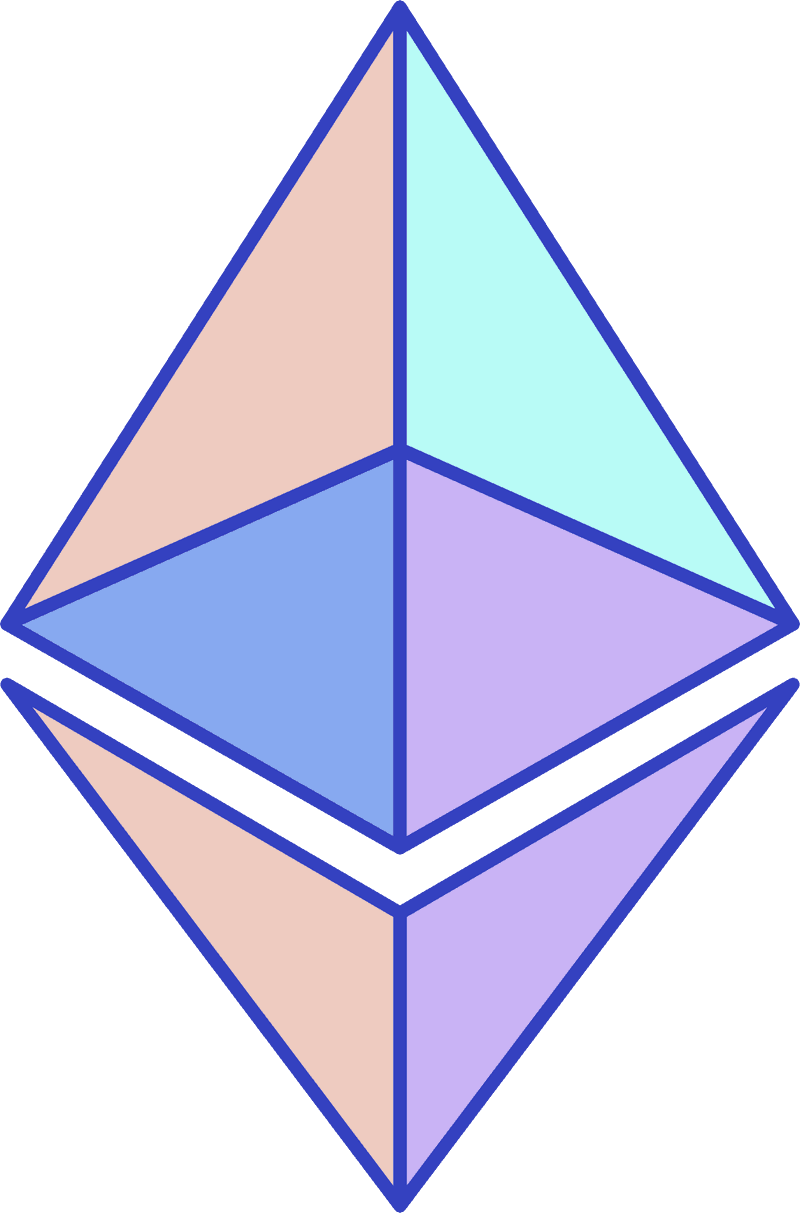zkEVM Formal Verification Project
Accelerating the application of formal verification methods to zkEVMs to ensure correctness and security.
Tracks
Recent Activity
Loading GitHub activity...
Documentation
Code
Grants & Funding
Application Requirements
All applications must have a written proposal in PDF format addressing the following details:
-
Proposal overview
- Proposed work, including goals, approach, and expected outcomes. Proposals should clearly explain what the proposal's target is and what a successful completion of the work would enable.
- Chosen methods and tools.
- Challenges, risks, and expected caveats.
- Timeline, including possible milestones. Do you need some other work to be completed (by yourself or others) before beginning your proposed work?
- Team composition.
- Costs.
-
Technical approach
- Breakdown of technical tasks.
- References to relevant work.
-
Project management
- Plans for coordination and communication about your work.
- Approach to maintaining or extending your work and enabling external contributions to facilitate this.
- Planned resource allocation (human and financial).
-
Team
- Background and expertise of your team members.
- Track record, including public repositories and published work relevant to your proposal.
Applications are open to any individuals, teams, and organizations, and will be selected for funding on a case-by-case basis. Submitting more than one proposal is allowed as long as each proposal is distinct and relevant to the project. Funding will be subject to a KYC process.
Several independent proposals may have similar goals. In such cases, it is possible for several proposals to be funded if comparing the results of different approaches to the same problem would be useful, or if several teams can work together on similar or complementary goals. Being flexible in this regard can be a plus.
If your proposal is for general tooling, please make sure to address what this will be useful for within the expected lifetime of this project (e.g., verifying a specific artefact) and how others will also be able to use it.
If your application relates to the cryptography track, please take into account ArkLib.
If your application relates to circuits, please take into account LLZK.
Once applications are open again, proposals can be sent until further notice to [email protected].
Grants Awarded
Bounties
There are currently no open bounties.
